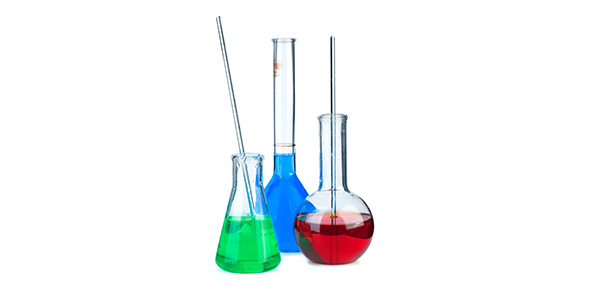Fluid imbalance
Fluid imbalance
A fluid imbalance refers to an abnormal level of fluids in the body. Elderly peoples are at the highest risk for life threatening complications that can result from fluid deficient, it is commonly called dehydration .
Fluid volume deficit
Hypovolemia
A condition when fluid loss exceeds intake of fluid volume deficit exist. A fluid volume deficit is a physiological situation in which fluid are lost in the isotonic fashion, both Fluids and electrolytes are lost together.Hypervolemia
is the medical condition where there is too much fluid in the body that is called over dehydration.- The main cause of this is excessive intake of fluids, renal failure, excessive salt intake, cirrhosis of liver.
Electrolyte balance
Electrolytes are salts that conduct electricity and are found in the body fluids, tissue and blood. In addition to water, body Fluids also contains solid substances that dissolve, cOD salutes electrolytes are chemicals that can conduct electricity when dissolved in water. The substances are found in ecf and ICF that this dissociate into electric electrically charged particles known as iron. Like sodium is concentrated in extracellular fluid and potassium is concentrated in intracellular fluid.
Electrolytes distribution in the blood
Electrolyte ECF(meq) ICF
•Magnesium (mg) 1.5 2.5
•Phosphate (p) 1.7 4.6
•Potassium (k ) 3.5 5
•Calcium (cA) 4.5 5.5
•Chlorine (cL) 98 106
•Sodium (na) 135 145
Sodium imbalance
Sodium imbalance occur when there is either decrease or increase in the sodium concentration in the plasma. The normal level of the same sodium is about 135 - 145 meq per litre.




Comments
Post a Comment